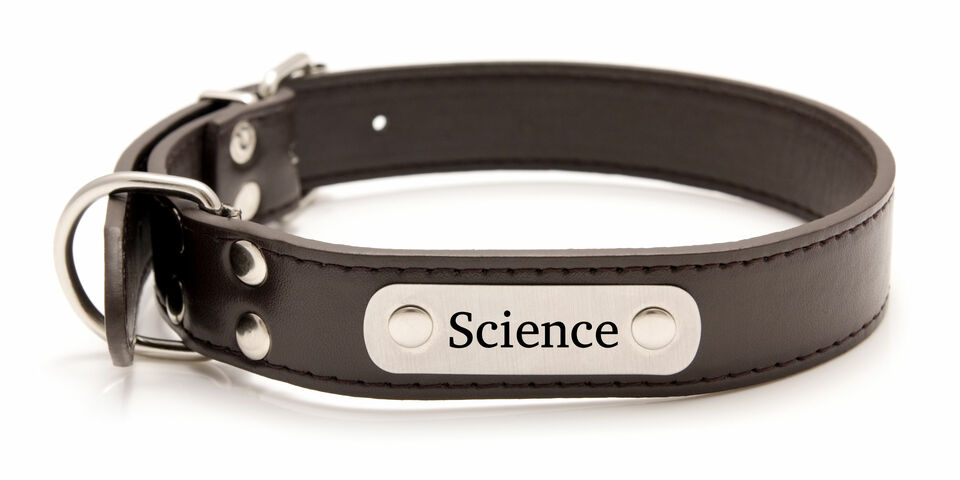In a controversial motion proposed last year, which did receive a majority in the House of Representatives, the VVD (liberal democrats) asked whether scientists in the Netherlands were at risk of being inconvenienced by self-censorship and a lack of diversity of perspectives. Could science society KNAW investigate this matter?
A committee of the Royal Netherlands Academy of Arts and Sciences, chaired by professor of law Nico Schrijver (Council of State and Leiden University), set to work on this subject: what is the situation in terms of the independence in Dutch science?
Undesirable influence
In principle the situation is good, is the outcome. There are various codes of conduct and agencies in place to monitor independence and it seems as if scientists can do their work without any real interference. Still, this does not mean that there are no dangers at all. More and more often, for instance, scientists need to obtain their funding from research financiers or the business community. “This steering also entails some degree of limitation of academic freedom”, says the advisory letter. “The increased importance of project finance can lead to undesirable influence by the financier.”
Committee chairman Nico Schrijver is of the opinion that you should not want to know the political preference of scientists.
Is there no risk at all then of any bias and self-censorship among scientists? There is a very good reason indeed why physicians need to report it when the tobacco industry pays for their research.
Schrijver: “Such an example of the tobacco industry may appeal to the imagination, but in other cases, too, you really need to watch out very carefully. Scientists have to learn from their mistakes and continuously have to ask themselves whether they have enough freedom. Thus, when they write a recommendation, is the commissioning authority willing to sign a declaration of independence?”
“And sometimes you need to ensure that there are no appearances against you, even if there is nothing the matter at all. I once appeared as an expert in a lawsuit and on that occasion I was asked to present a lecture to the judges presiding the case. I decided not to do so then. You need to be more aware of such things now than in the past, I think. We are all under scrutiny and integrity is of crucial importance.”


Discussion